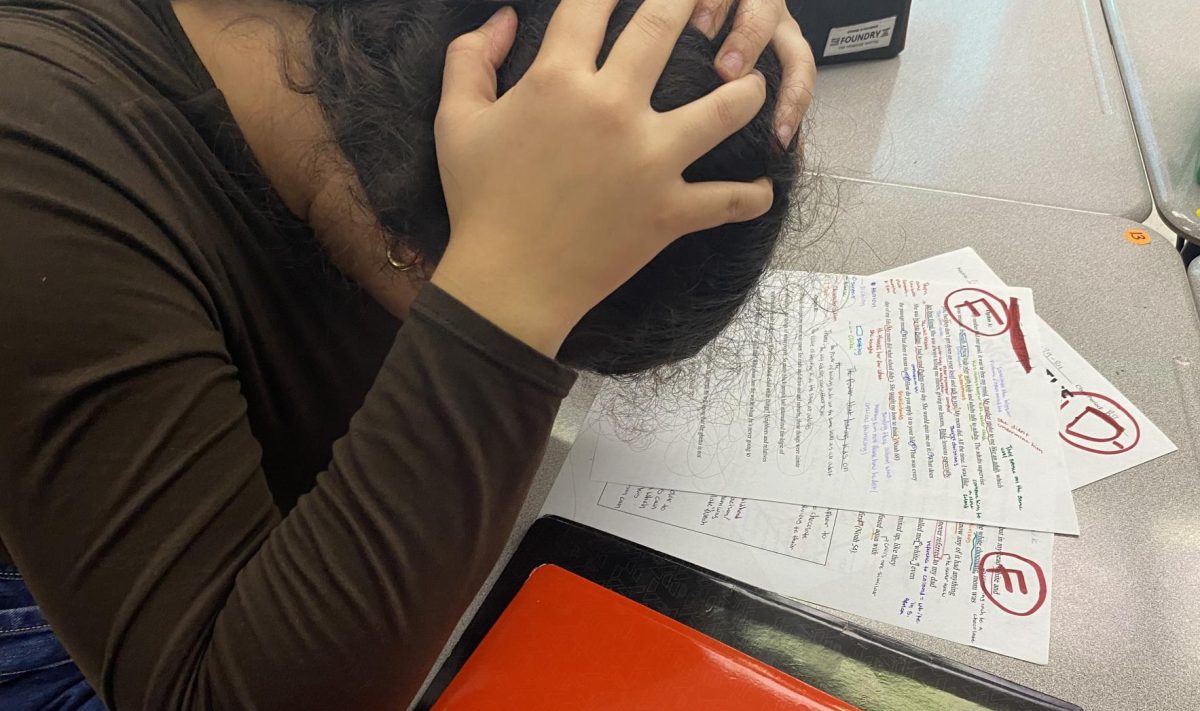The long car ride up; tears, cries and memories flowing from your eyes and mind as you near a place you have always envisioned; your parents having to say goodbye—the first day of college is an occurrence that has been documented in countless books, movies and television shows.
For some high school seniors, college could not come soon enough—many are eager to leave their homes and live in a campus among other students their own age. Others are more apprehensive towards the whole process—they could not imagine calling a place without “Annandale, VA” in its address home.
Senior Jiyeong Park will be living independently in Carlisle, Pennsylvania, where she will be attending Dickinson College as a freshman next year. “I am half nervous and half excited about it,” senior Park said. “I have never lived by myself before, except for a few church retreats.”
Emotions run high on move-in day, many students feeling akin to Park. But what many psychological researchers suggest is that the true test of independence comes during the first semester of freshman year. It is during this time, according to a study presented in May, 2011 to the Association of Psychological Science, in which students are forced to establish their own living habits.
According to the same study conducted by researcher Neil Montgomery of Keene State University, parenting has an important impact on how a college freshman copes with his or her newly found independence. During his research, Montgomery issued a survey to hundreds of college freshmen across the country. The results of Montgomery’s survey suggest that students who consider their parents to be “helicopter parents,” or parents who are overwhelmingly involved in the lives of their “independent” children, are more likely to be narrow-minded, and opposed to taking advantage of opportunities.
In a living environment in which one must make decisions for himself or herself, such research suggests that there is a large psychological aspect of attending college that is not easily perceived by students or parents. However, according to the study, this does not mean that parents who allow their children to live “free range” will see their children making responsible decisions. The study suggests that just as there is a negative impact born out of restrictive parenting, there is also a negative impact born out of relaxed parenting.
Park is lucky to have a mother who seems to have struck a happy medium. “I am a little bit worried about Jiyeong living in Pennsylvania, but I believe it will be a great opportunity for her to live in another state since she will be able to gain new experiences,” Hyeonja Park said.
A student’s new life in college does not solely have an impact on himself or herself, but also on his or her family.
According to the study mentioned above, parents with girls in college are almost three times as likely to become “helicopter parents” than those of boys. Within that statistic, Montgomery reported that mothers are far more likely than fathers to become over-engaged in the lives of their college-aged children.
However, regardless of a parent’s extent of involvement in the lives of his or her children, parents of this year’s senior class will all feel a void with one less presence in the house come next fall, including Mrs. Park. “I will feel the emptiness at first but I will eventually get used to it. The rest of our family will feel the same way—we will always have a place for Jiyeong in our hearts.”







